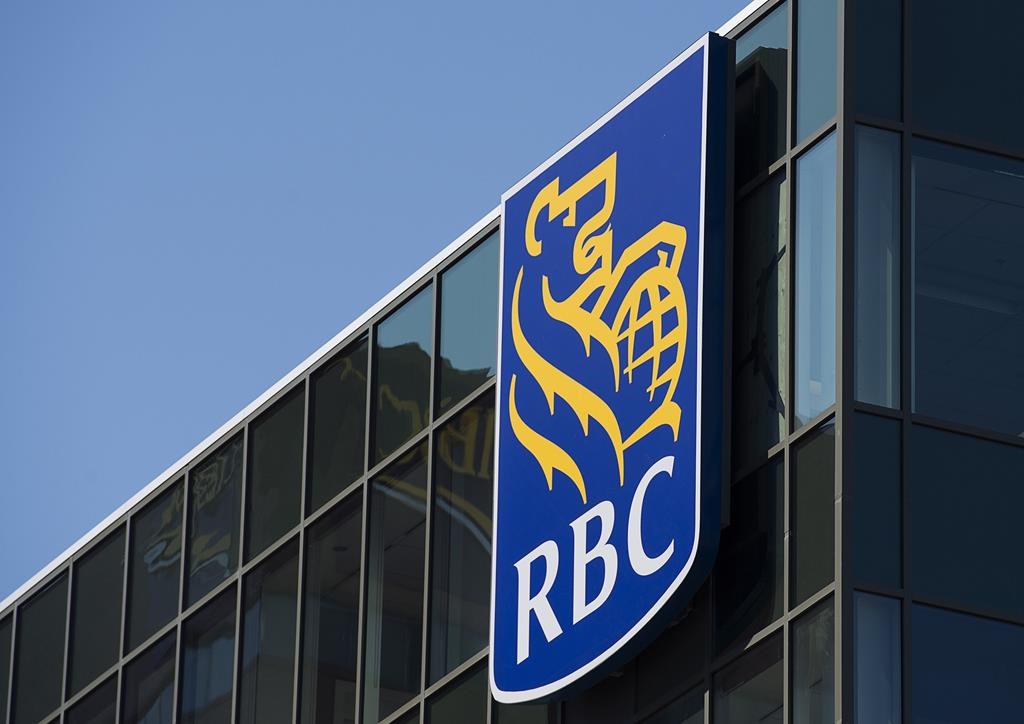Low inventory and a surge in demand in Toronto’s housing market appear to have “put sellers back in the driver’s seat,” a new report released by the Royal Bank of Canada (RBC) suggests.

The report released on Monday by RBC’s assistant chief economist Robert Hogue said spring 2023 “increasingly looks like the turnaround point for Canada’s housing market after a year-long slump.”
Hogue said home resales “spurted” 11.3 per cent month over month nationwide, “marking the strongest monthly advance in almost three years.”
He said prices also rose in back-to-back months, for the first time since early 2022, adding that a “vast majority of local markets” were contributing.
According to Hogue, demand and supply conditions “suddenly appear tight.”
“Resurging demand and low inventories have put sellers back in the driver’s seat in most major markets, including Toronto, Vancouver, Calgary and Halifax,” he wrote.
Hogue said activity is still running 11 per cent cooler than just before the pandemic, but “possibly not for long,” especially if more sellers enter the market.
“New listings significantly lagged resales, rising just 1.6 per cent month over month in April on the heels of a sharp 13.6 per cent decline between January and March,” the report said.
Hogue said rising prices could spur more sellers to list their homes, adding that many may have been waiting until conditions “turned in their favour.”

Get daily National news
The report suggests home sales jumped in Toronto by 27 per cent in April, month over month.
“It appears buyers are quickly regaining confidence in both markets now that the Bank of Canada has paused its aggressive rate hike campaign,” Hogue wrote.
The report also suggests demand and supply conditions “tightened in the majority of places” in April, giving sellers more pricing power.

Hogue said the MLS HPI increased in more than three-quarters of local markets from levels recorded in March.
According to Hogue, the index jumped 5.4 per cent month over month in Hamilton, 5.1 per cent in Cambridge and 3.9 per cent in Kitchener-Waterloo.
“In Toronto, a 2.4 per cent rise was the second in as many months, adding more than $35,000 to the benchmark price in the process (now sitting at $1.11 million),” the report read.
A report published earlier this month by the Toronto Regional Real Estate Board said Toronto’s housing market continued to tighten in April, with prices edging up four per cent from March and sales moving closer to the level they were at last April.
April’s average price in Toronto tumbled 7.8 per cent to $1,153,269, but was roughly four per cent higher than the $1,108,499 the average buyer paid in March.
Sales for the month hit 7,531, down 5.2 per cent from a year ago but up about nine per cent from March.
Hogue said “April’s widespread vigour” was a “surprise.”
“While we did expect the market to reach its cyclical bottom this spring, we thought it would take a while for the heat to return,” he wrote. “Our view was—and remains—that the significant loss of affordability in the past year would keep buyers timid for some time.”

Hogue said first-time home buyers are still facing “major hurdles.”
“Perhaps soaring immigration and a boiling hot rental market are becoming the primary driving forces fueling homebuyer demand,” the report read. “In which case, we could see prices extending April’s gains—possibly materially.”
– with files from The Canadian Press








Comments